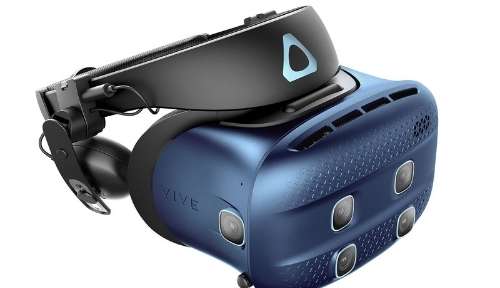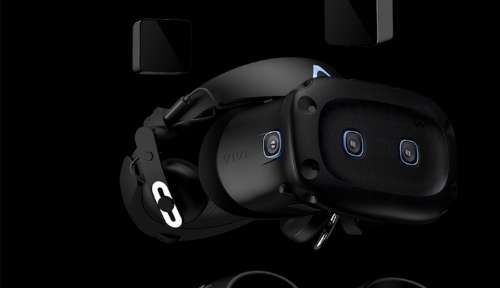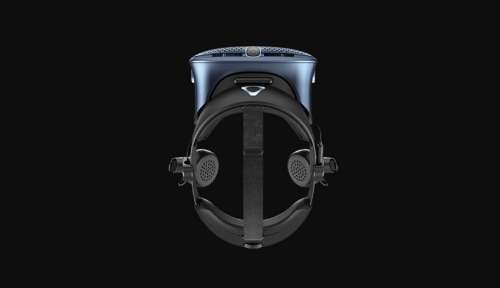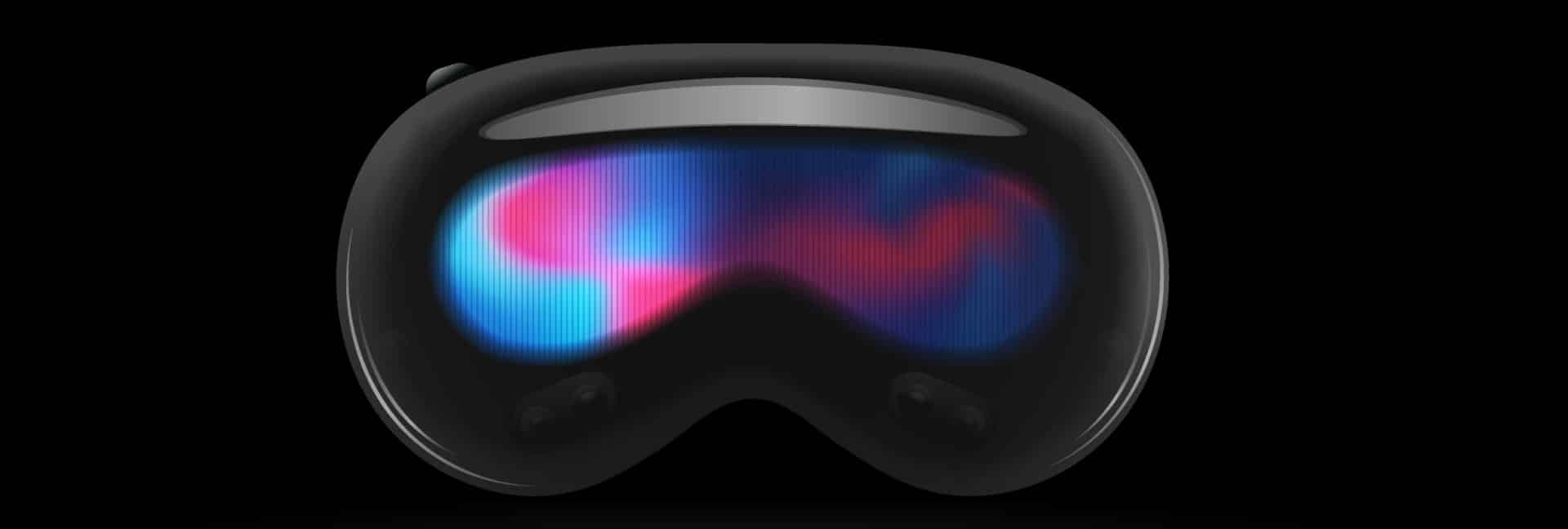While many people are taking a keen interest in this year’s Meta Connect Conference to learn more about the upcoming Quest 3 launch, the two-day event that ran from the 27th to the 28th of September has seen some exciting announcements about lots of great upcoming innovations.
While not all of the announcements fit into the VR or mixed reality bracket, many demonstrate Meta’s development of the metaverse and how the company plans to bring their social, XR, and AI creations together.
Alongside Quest 3, we’ve learned about the new Ray-Ban Meta Smart Glasses, Mark Zuckaberg’s latest metaverse plans, and how the company is joining the AI revolution.
Let’s take a look at the news from this year’s Meta Connect Conference.
Will Quest 3 Bring Mixed Reality To the Masses?
In his opening speech to this year’s Connect Conference, Mark Zuckerberg talked about how the Quest 3 is a mixed reality headset for everyone.
This statement comes after a year of mixed reality and metaverse doubt for Meta. The mixed reality Quest Pro, which launched last year, flopped, and Meta has made huge cutbacks on staffing while shelving projects.
Of course, changes are happening in the mixed reality industry outside of Meta. As Apple enters the game, it may bring the kind of mass-market appeal needed to bring the metaverse to life. But with a lower price point and an already established library of apps and games, the Quest 3 will be ready and waiting to ride the wave of interest Apple creates.
Ray-Ban Meta Smart Glasses Are Almost Here
While the Quest 3 might be the news everyone was waiting for, we got a much-needed update on Meta’s collaboration with designer sunglasses makers, Ray-Ban. The original glasses were named “Stories”; however, the new generation of tech-filled sunnies is now called “Ray-Ban Meta Smart Glasses”.
But we get more than a simpler name. While unveiling the new Smart Glasses, Meta has announced they will be available to buy from the 17th of October, a week after the Quest 3 launches.
With a $299 price tag, the Smart Glasses serve two purposes. Firstly, you won’t need headphones anymore. Much like Amazon Echo Frames and the Bose Tempo, the new glasses contain a personal audio system only audible to the wearer.
Along with the speakers, five microphones are tucked away into various corners of the glasses. This makes voice commands and calls clearer.
The second purpose involves the onboard cameras. The 12-megapixel cameras shoot 1080p videos. The 32GB of onboard storage holds 500 photos and 100 30-second videos. Any of these short videos you capture can be quickly uploaded via Meta’s various social media platforms.
Additionally, you can use the glasses to live stream via Instagram or Facebook. Of course, there will be debates about the privacy concerns wearing these glasses brings up. Meta has previously been keen to sell the glasses as a tool for creators, allowing them to create their normal content hands-free.
The glasses are built around the new first-generation Snapdragon AR1 processors, have a battery life of four to six hours, and can be charged using a glasses case. Added to this, the processors have onboard AI.
Coming Soon To An Avatar Near You: AI VR Legs
Not so long ago, Meta’s VR avatars looked like they were destined to live their lives as floating torsos. Then, with much excitement, Meta announced legs. But Zuckaberg’s new legs weren’t quite the real deal.
During this year’s Connect, we’ve learned how Meta are using Movement SDK to produce generative AI legs for the Quest 3. They’ve used machine learning models trained on vast data sets to finally equip avatars with accurate lower body movement.
Zuckerberg Hasn’t Dropped His Metaverse Dreams; He’s Revised Them
It’s been two years since the most googled term was “What is the metaverse?”. When Mark Zuckerberg rebranded Facebook to Meta, he nailed his intentions to the wall; he no longer ran a social media company; he was in the business of “the metaverse”.
But after ploughing billions into developing the technology needed to get us all living and working within virtual worlds, Meta’s plans seem to slow down. Meta’s Reality Labs was haemorrhaging money in the attempt to dominate the new iteration of the web, and many of the projects have since been quietly shelved.
If it looked like Zuckerberg had moved on from his dream, he hadn’t. Back in 2021, the metaverse was going to be a purely digital experience. Now, his revised metaverse blends aspects of the real world with the virtual.
Of course, none of this is new. Back in 2021, he promised an immersive internet where users would inhabit platforms like Horizon Worlds. Back then, we saw a cartoon Zuckerberg delivering his presentation from a digital world.
This time around, he’s presenting augmented reality elements that enhance your real-world surroundings. “You can solve Lego puzzles or build creations on any flat surface in your room. You can play games with your friends sitting around a table”.
While this doesn’t give us news about any “new” projects the metaverse arm of the company might be working on, it does indicate that he’s still very much invested in continuing its development, even if other companies have shifted their attention elsewhere.
The Meta Quest Store Has Exceeded $2 Billion In Lifetime Sales
The Meta Quest store was launched back in 2019. At the Connect Conference this time last year, sales were at 1.5 billion. This year, sales have surpassed $2 billion. While this sounds great, it’s only $500 million in the last year, which shows a slow in the growth curve witnessed in previous years.
With the launch of the Quest 3 and the 100+ new and upgraded titles which will follow immediately, it’s expected that the Quest Store will see healthy growth in the coming months.
Of course, the XR industry is still in its infancy, and these numbers outshine the competition. But, it’s important to consider that these sales are a drop in the ocean compared to Meta’s Reality Lab outgoings.
Meta AI: Social Media Gets Its Own ChatGPT
Since Open AI’s ChatGPT launched last November, generative AI has never left the headlines. In fact, since then, debates and interest around artificial intelligence have gained the kind of traction that the metaverse never managed.
Soon after the release of ChatGPT, Google launched Bard. A slew of other chatbots followed, and since then, AIs are everywhere. Except on Meta platforms.
But in recent months, Zuckerberg has mentioned AI several times. Now we know how Meta plans to enter the chatbot war.
Soon, Meta will release AI chatbots across Instagram, Messenger, and WhatsApp. The AI will act like a convenient tool to improve chats. If you’re planning something with a friend, or you want to know something, the chatbot will provide real-time search results in the conversation.
To achieve these aims, Meta is partnering with Microsoft Bing. This will give Meta’s AI access to up-to-date information, whereas many other AIs lack recent knowledge.
Meta Delves Into AI Image Generation With Emu
The generative AI explosion of recent months has also seen tools like MidJourney and DALL-E taking off. Capable of rendering impressive images, these AIs are reshaping the way people create visuals.
Meta has created its own AI image generator. EMU stands for Expressive Media Universe. According to Zuckerberg, it creates images within around five seconds.
Integrating Emu into Meta’s platforms will mean you’ll get almost instant free image generation by simplifying using the prompt “/imagine”.
Xbox Cloud Gaming Will Come to Quest Soon
Last year, we heard talk about Xbox Cloud Gaming coming to the Quest. But since then, there hasn’t been any update about when this might happen.
From December this year, you can stream games like Starfield or Halo Infinite using your headset to a large virtual screen.
To do this, you’ll need a Game Pass Ultimate subscription and a compatible controller. So far, it looks like this will only work with the Quest 3 in select regions. At the moment, it’s unclear if this will extend to the Quest 2 or Quest Pro.







